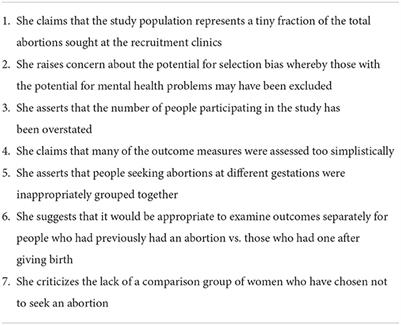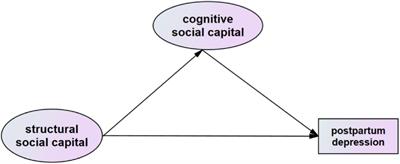GENERAL COMMENTARY
Published on 02 Dec 2022
Commentary: The Turnaway Study: A case of self-correction in science upended by political motivation and unvetted findings

doi 10.3389/fpsyg.2022.1003116
- 5,114 views
10k
Total downloads
63k
Total views and downloads
GENERAL COMMENTARY
Published on 02 Dec 2022

ORIGINAL RESEARCH
Published on 15 Nov 2022

BRIEF RESEARCH REPORT
Published on 28 Jun 2022

REVIEW
Published on 17 Jun 2022
ORIGINAL RESEARCH
Published on 24 Mar 2022

REVIEW
Published on 30 Jul 2021
ORIGINAL RESEARCH
Published on 24 May 2021

ORIGINAL RESEARCH
Published on 12 May 2021

